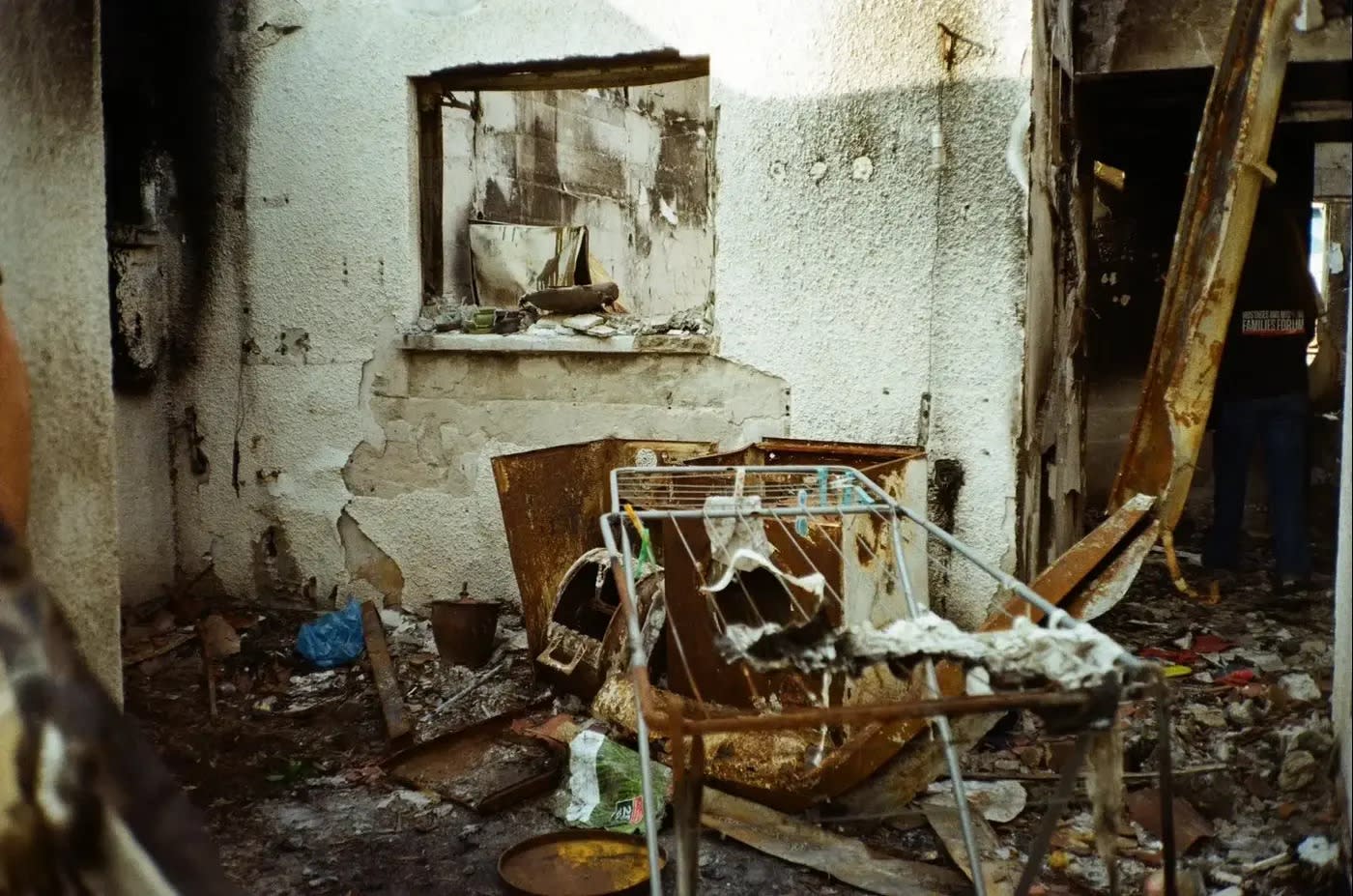Since October 7, ZAKA Tel Aviv has been flooded with messages from mental health professionals, wishing to provide support for the volunteers who experienced the horrors of October 7.
It would be correct to say that ZAKA volunteers are exceptionally psychologically resilient. Routine experience and past events with which they have coped, along with belief in their mission and the sanctity of their task, have created an extremely strong group of people. Their spirit and soul have been well trained and have learned to prepare for terrible sights and challenging situations.
Almost every volunteer asked if he would like to meet with a psychologist or social worker will respond that he does not – because he is a "man," an "experienced volunteer," and someone who is not affected by anything. But what all these responses share is one common denominator: the repression of suffering.
ZAKA volunteers who operated on the field, and even more so, those in our organization who dealt with the core of the horrors in identifying the bodies and preparation of the victims for burial, are more than "first responders" exposed to traumatic sights. They immerse their hands in blood, examine the horror, and identify every cruel detail imprinted before them. And still, they go home at the end of the day.
October 7: A trauma unlike any other
October 7 is not just another event. I have experienced almost everything: during my service in the IDF identifying casualties, as a ZAKA member for more than two decades, in my role as an adviser to the director of the National Institute of Forensic Medicine, and in my work in the largest Jewish burial society in the world, Chevra Kadisha Tel Aviv-Jaffa. I witnessed disasters, wars, terrorist attacks, and almost every case of unnatural death. But what we saw here, we could not fathom.

The professional conclusion is that in the aftermath of October 7, we all stood at a higher risk of suffering from trauma-related disorders, anxiety, exhaustion, and other associated disorders, some of which may erupt at later stages, whether suddenly or chronically. Sometimes the impact is more pronounced among family and friends, and the volunteer himself does not immediately feel it, but may develop persistent PTSD symptoms that will be much more complicated to treat.
And if we needed proof of that, it did not take long to come. Family members have approached the organization, like the wife of a volunteer who complained that her husband screams at night, is unfocused, and short-tempered. Another volunteer's mother said her son is becoming reclusive, wakes up only in the afternoon and does not get out of bed. There are also reports of concerning health deterioration, such as heart issues, symptoms of depression, and decreased functioning.
To this end, we created a basket of intervention programs and group workshops in a social atmosphere, a step that made it easier for volunteers to participate in them, thanks to presenting them as activities for social life and for bonding the volunteers. We offered, with the help of the Health Ministry and other organizations, a variety of treatments ranging from frontal meetings with professionals, through discussion circles and Chinese acupuncture, to natural homeopathic treatments. In addition, we held workshops for the spouses of the volunteers, who instantly became partners in the healing process. Thus, we opened hearts to the need for treating the volunteers’ souls, and discovered that here, too, the motto holds true: Together we will win.
The writer is the CEO of ZAKA Tel Aviv.
